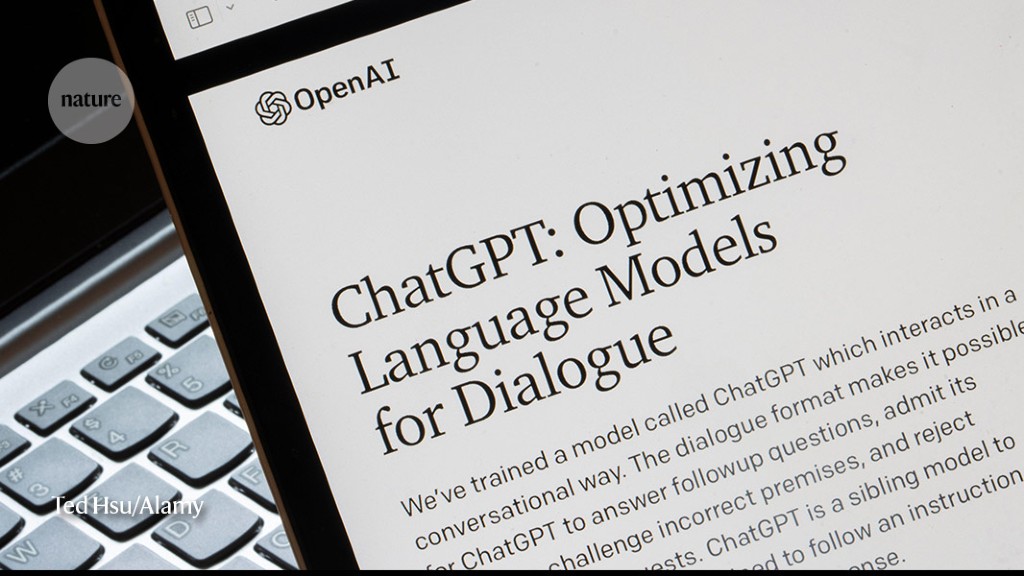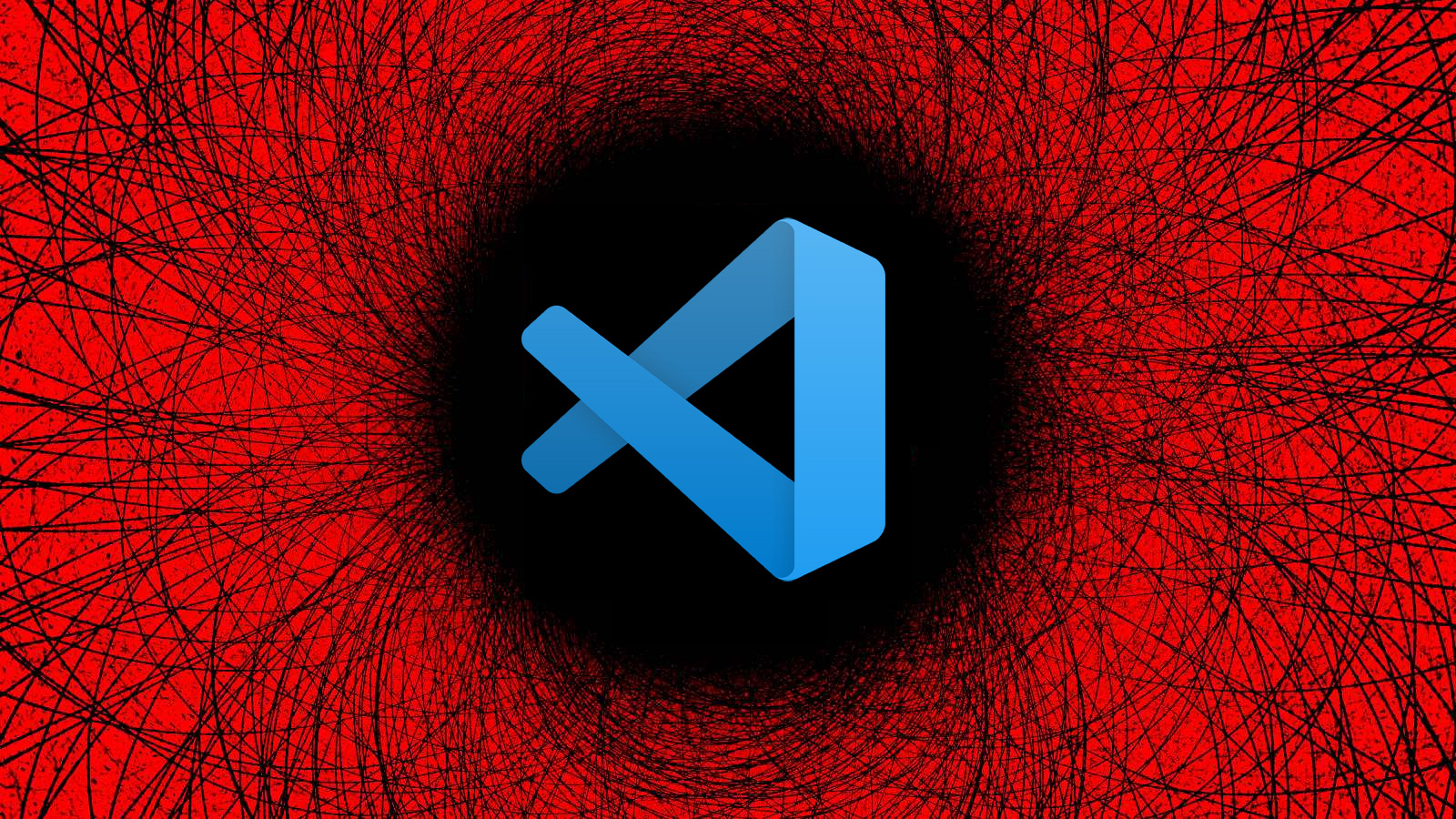
Abstracts written by ChatGPT fool scientists
Researchers cannot always differentiate between AI-generated and original abstracts.

Researchers cannot always differentiate between AI-generated and original abstracts.

A nice series of posts explaining how the assembly simulator was implemented: "The goal of this blog post is to create a simple simulator which is able to assemble your code into cpu instructions and run them inside a virtual computer"

One of many simple CPU simulators. I'm teaching a course in Operating Systems and I've been looking for a really simple and clear visual simulator for a CPU. This one is the best one yet. But I would like a better one. This one is missing any kind of support for IO or System calls or something like that. But it's usable.

This is a very useful package to be aware if… assuming youre a rubyist 😀 Author says: “Build and parse a programming language to extend your Rails application's functionality.”
This looks useful, which is why I am linking to it, I haven't tried it or anything: "The simplest, fastest repository for training/finetuning medium-sized GPTs. - karpathy/nanoGPT: The simplest, fastest repository for training/finetuning medium-sized GPTs.

It seems that no one and nowhere is safe from hackers: "Threat analysts at AquaSec have experimented with the security of VSCode Marketplace and found that it's surprisingly easy to upload malicious extensions from accounts that appear verified on the platform."

Thanks to the DALL·E 2, we finally have a very nice graphic representation of the feelings of a Docker container inside a macOS environment, I will try with this article to make this poor container safe to the coast. TL;DR Link to heading At the time of writing, the only viable option to have a decent performance and a good DX are: VirtioFS to share the filesystem (Docker Desktop, Rancher Desktop, Colima) - There are still some issues.
Students understand just enough statistics to get by

Another interesting continuation of the debate on the impact of chatGPT and Stable diffusion and the other newest ai based creative genetors. I think these new tools are a big thing, a game changer. Will it bring on a series of new and common ways tomdigitslly sign content produced? This idea sounds ok but there are a lot of issues with bringing it about. Will it bring out a new, singular, ethical concept sitting along side “original work” and “plagiarism”? Here is the author: “My drawings are a reflection of my soul. What happens when artificial intelligence — and anyone with access to it — can replicate them?”

Now that heroku eliminated their generous free tier (an understanable business decision) all of us “freeloaders” are scrambling to find alternatives. This article revies what they consider to be “Top Free Hosting Providers in 2023”
Interesting but not for me. I know regexps are arcane and confusing but they are well documented and people know them. I put this in the same bucket as scss and sass and many other helpful pre-processors. Not for me. Of course, you may not know that C++ started out literally as a C pre-processor…

Too cool. Let the author speak: "Hello Acorn fans! We recently released a new video, linked below. The rest of this post is an article version of the video for those that want to quickly scroll through the screenshots or prefer to read. If you’re new here, make sure to check out our announcement post where we talk more about the motivations and goals of the project. A closer look at Acorn, our open source precision farming rover Hello everyone and welcome to Twisted Fields, our research farm in San Gregorio ..."

I was in a Barnes and Nobel again after many years. Actually many years before that I would go to a B&N more than once a week. Then between Amazon and terrible inventories at B&N and Kindle and Nook I stopped going. Then a few weeks ago I visited one and it was a revelation. I had a great time browsing books and books and books. Great article:"Digital platforms are struggling, meanwhile a 136-year-old book retailer is growing again. But why?"

This is a really cool algorithm that i never heard of. Also geohashes are not too hard to compute and have very useful and unteresting properties. the concept of a z-order curve is explained. That too is a useful model and concept. The author says: “Latitude and longitude as a locality-preserving string.”

A wonderful exhaustive tour of the architecture and operation of thr PDP-11, a venerable early comouter. It helped popularize the interactive computing paradigm we take for granted today.
Useful advice and framework for structuring your academic or technical writing. Author says: "TL;DR: Writing about writing and having written, and self-referentiality. Complementary musings on AI."

GPS is an amazing, complex and super interesting technology. People have a vague understanding that it involves satelites and so on. But there is so much more to it! Interactive article explaining how GPS works.

Common bottlenecks that prevent startups from scaling as quickly as they should. Thoughtworks always has good deep insight about software engineering. This too is an interesting series.
Interesting package although I don't have a use for it yet. It's your own IFTTT built for geeks that you run on your ownn server. It's got no UI to speak of. On the other hand, it has a sophisticated way to create logic around events and is extensible and open source.

Learn about HC-SR04 Ultrasonic Distance Sensor module. This tutorial includes working, Pinout, Specs, Datasheet, Wiring, Library, Code & Arduino Project.